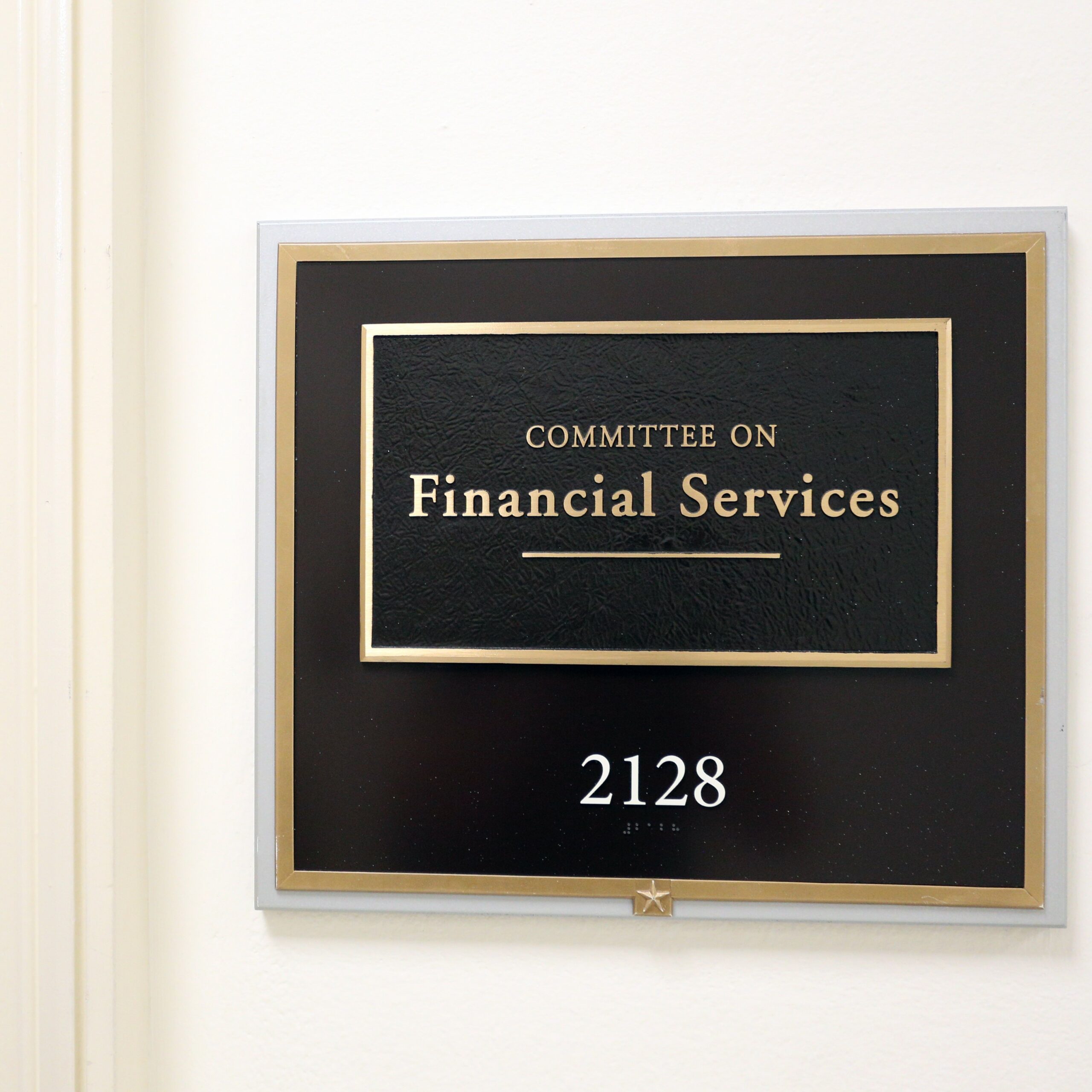In the wake of the Pandora Papers – and amid the scramble to identify Russian oligarch assets in light of the invasion of Ukraine – calls from congressional representatives, law enforcement, and national security experts have only gotten stronger to crack down on illicit money that is finding its way into the United States.
Thursday provides Congress an important oversight opportunity to assess U.S. progress in denying kleptocrats, criminals, and terrorists access to the U.S. financial system. That’s because Himamauli Das – Acting Director of the Financial Crimes Enforcement Network (FinCEN) – will testify before the House Financial Services Committee, marking the first time that this Acting Director has testified publicly before Congress.
As the United States’ financial intelligence unit, FinCEN sets U.S. anti-money laundering policy; works with financial institutions to safeguard inroads to the U.S. economy; and analyzes financial data used by other agencies in sanctions enforcement, criminal prosecutions, and civil cases. FinCEN will also play a leading role in the implementation of the Biden Administration’s inaugural Strategy on Countering Corruption.
While the agency has made progress on some core objectives of the strategy, there is a lot more it must do to make the U.S. a less attractive destination for ill-gotten funds. And Congress has a role to play in ensuring FinCEN has the resources to do its job effectively.
Here are the six issues the FACT Coalition is watching during the hearing:
- FinCEN Appropriations: In the Administration’s inaugural Strategy on Countering Corruption, FinCEN plays a leading role in bringing U.S. anti-money laundering (AML) laws into the 21st century. Yet FinCEN – tasked with safeguarding the world’s largest economy – currently has half of the staff of the analogous financial intelligence unit in Australia, which has an economy less than 1/15th the size of that of the United States. The President’s budget request of $210 million for FY2023 is essential to enable the agency to enact necessary U.S. AML reforms. Congress has an opportunity in the hearing to assess FinCEN’s lack of resources and to understand what offices within the agency are in need of staffing increases.
- Timeline to Implement the Corporate Transparency Act (CTA): The landmark, bipartisan CTA combats the abuse of anonymous U.S. shell entities by requiring U.S. entities to identify their true, natural owner to a secure directory housed at FinCEN. Congress should ask FinCEN to commit to standing up all final rules necessary to implement the CTA by no later than December 2022. Under the statute, rules implementing the CTA were to be promulgated by January 1, 2022; the U.S. must have final rules in place implementing the CTA by the International Anti-Corruption Conference (IACC) that will be hosted this December in D.C. to demonstrate that the U.S. is truly committed to tackling corruption.
- Access Protocols and Data Standards under the Corporate Transparency Act: FinCEN is drafting a rulemaking that would define access protocols for federal law enforcement, state and local law enforcement, financial institutions with customer due diligence obligations, federal functional regulators, and foreign law enforcement allies. Congress should press FinCEN to ensure access to the database is complete, timely, and uncomplicated for law enforcement such that the information is “highly useful” for law enforcement activities. The database should, to the extent possible under the CTA, also employ modern, internationally accepted data standards that were just endorsed in April by the Government of the United Kingdom, to facilitate access by authorized database users. Further, Congress may ask FinCEN about its intention to set up protocols to verify data as it’s entered into the database, to keep data quality high for law enforcement and costs to businesses low. This also makes the U.S. current with recent revisions to beneficial ownership recommendations developed by the Financial Action Task Force (FATF), the international anti-money laundering standard setter.
- New Legislation to Address the Role of U.S. Financial “Gatekeepers” in Perpetuating Crime and Corruption: The Financial Services Committee will begin reviewing a discussion draft of bill text – the “Transparency and Accountability in Service Providers Act” – that would take a risk-based approach to countering money laundering risk by requiring certain “gatekeepers” to the U.S. financial system to adopt procedures to help detect, flag, and prevent the laundering of corrupt and other criminal funds into the United States. Acting Director Das may speak to what FinCEN needs from Congress to help mitigate money laundering risks in this sector, in accordance with the U.S. Strategy on Countering Corruption.
- Timeline for a Rulemaking to Tackle Money Laundering in the $30 Trillion U.S. Real Estate Market: According to a report by Global Financial Integrity, at least $2.3 billion has been laundered through U.S. real estate in the past 5 years. Nearly 20 years after the executive branch identified the U.S. real estate market as a vector for money laundering, FinCEN has initiated a rulemaking to introduce greater safeguards around higher-risk transactions in that sector. Congress should urge FinCEN to issue a draft rule in time for the IACC in December.
- Timeline for a Rulemaking to Institute AML Obligations for the $11 Trillion Private Investment Sector: Unlike banks and broker dealers – which perform similar functions in the securities market – private equity, hedge funds, venture capital firms, or their investment advisers currently have no obligations to know their customer under U.S. anti-money laundering laws. The Administration pledged to revive and revise a draft rulemaking from 2015 that would bring U.S. private investment funds under the Bank Secrecy Act. Congress should continue its oversight of FinCEN to ensure it follows through on the Administration’s stated commitment to meaningfully bring the U.S. private investment sector under U.S. money laundering regulations by demonstrably advancing the regulatory process by the IACC, as a way to crack down on illicit finance in that sector.

